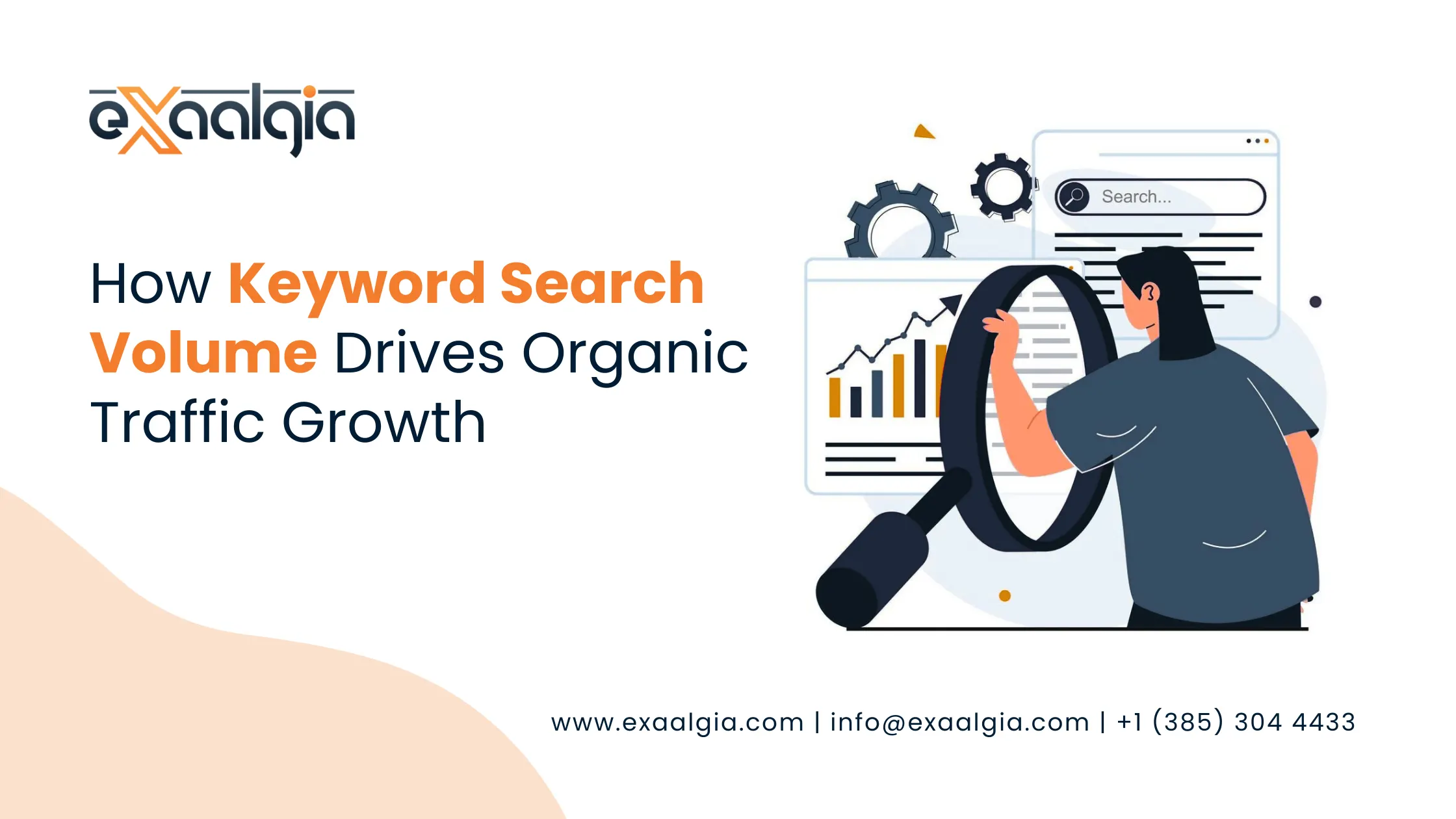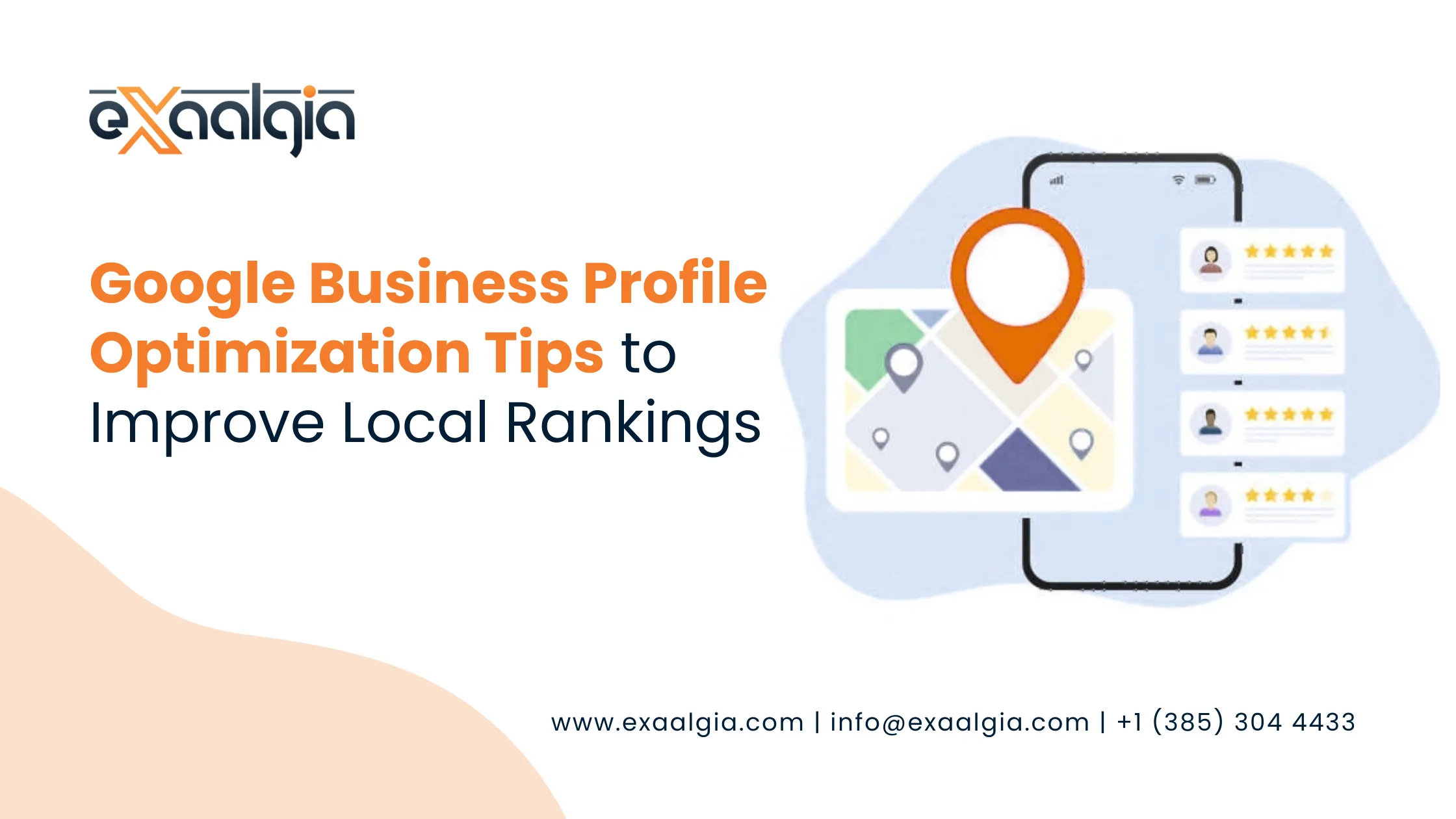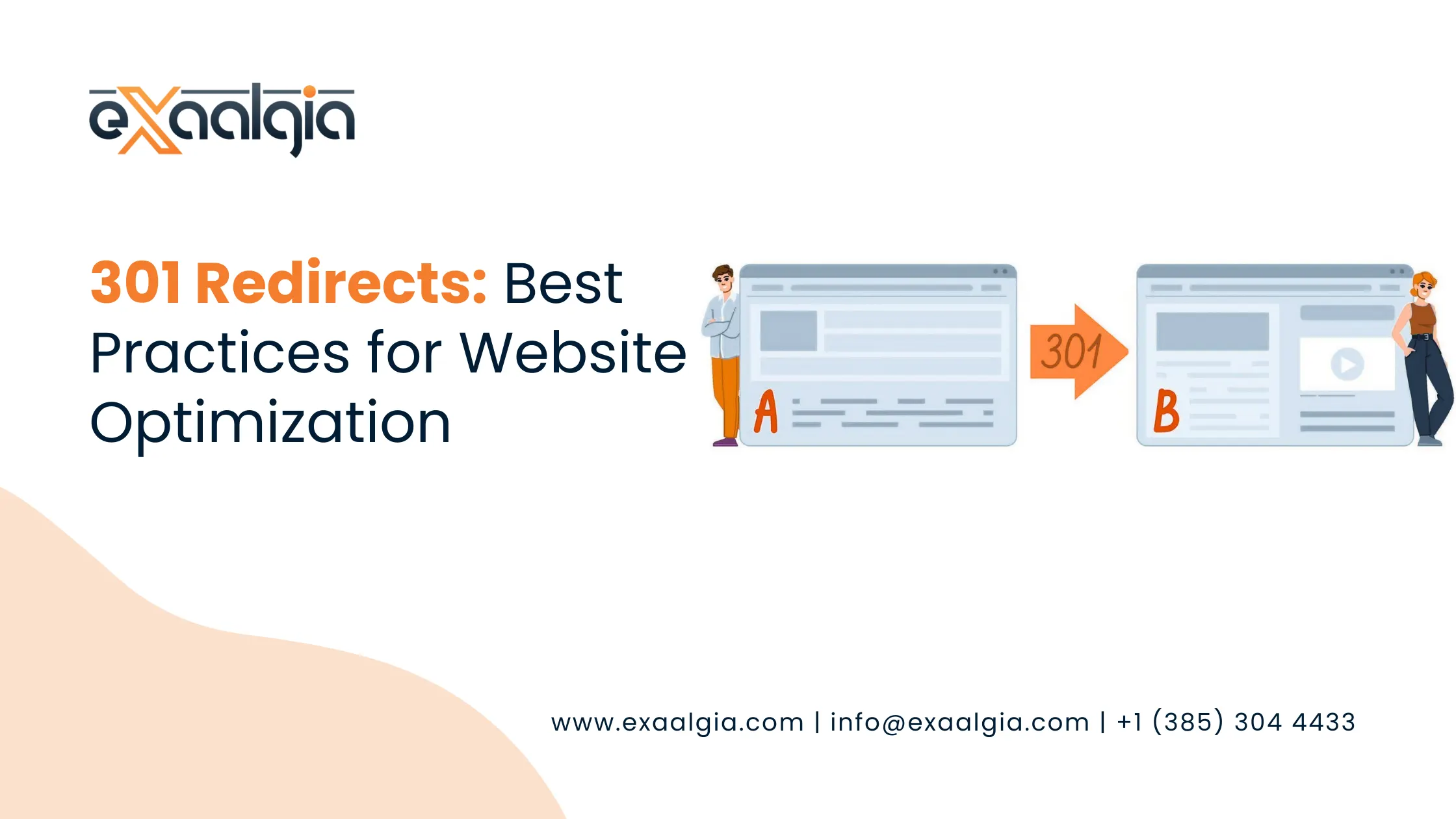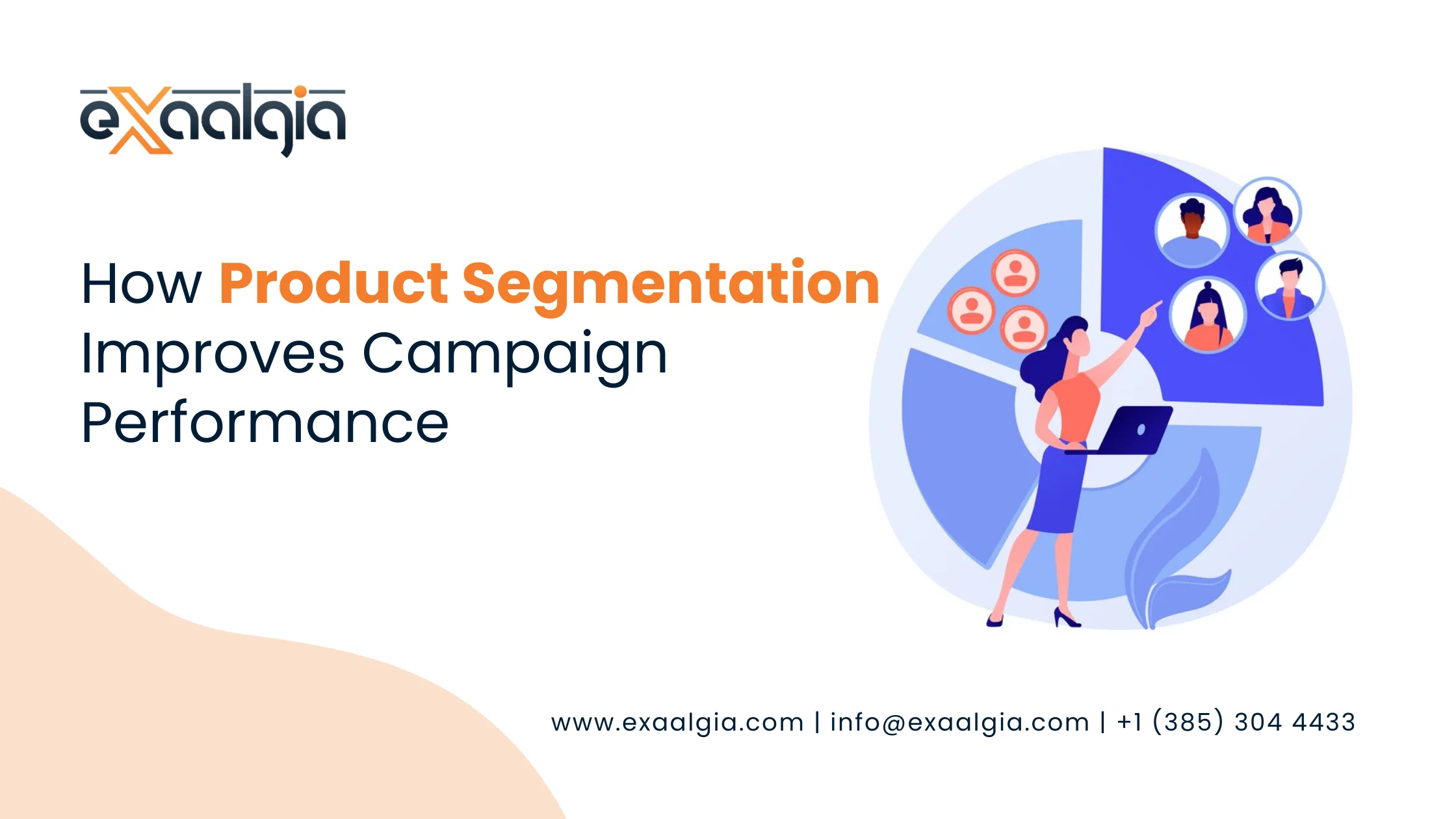This shift has introduced a new approach known as LLM SEO, and it’s redefining how digital visibility works.
What is LLM SEO?
LLM SEO (Large Language Model Search Engine Optimization) refers to the process of optimizing your content so that it gets cited, referenced, or directly quoted in answers generated by AI models. Unlike traditional search engines, LLMs don’t just return links, they generate complete responses based on a wide range of data sources. This means your content needs to stand out as authoritative, clear, and structured if you want it to be included in AI-powered answers.
Why LLM SEO Matters in 2025 and Beyond
The way users search is changing. AI tools like ChatGPT, Perplexity, and You.com now provide immediate answers to queries without requiring users to click through to websites. This shift reduces the importance of simply ranking #1 on Google and increases the importance of being quoted or cited by these AI tools.
If your content isn’t structured to appeal to these models, it might never be seen even if it ranks on Google.
How LLM SEO Differs from Traditional SEO
Traditional SEO prioritizes keyword optimization, backlinks, and metadata to help pages rank on search engine results pages. LLM SEO, on the other hand, prioritizes semantic clarity, topical authority, factual accuracy, and contextual relevance. While Google still matters, platforms powered by LLMs are rapidly changing how users find answers, products, and services.
Key Elements of an Effective LLM SEO Strategy
Clear and Structured Content:
AI models favor content that is easy to interpret and logically organized. Use descriptive H2 and H3 tags, short paragraphs, and clearly defined sections to help AI parse your message.
Natural, Conversational Language:
Since users ask questions conversationally, your content should follow suit. Instead of writing only for algorithms, answer real questions with natural phrasing.
Topical Authority:
LLMs look for trustworthy sources. Build out multiple pieces of content around a topic to signal depth and subject matter expertise.
Up-to-Date and Fact-Based Information:
LLMs prioritize information that’s accurate, verifiable, and recent. Always include updated data, statistics, and credible sources.
Schema Markup and Structured Data:
Using structured data like FAQ schema or article schema can significantly improve how AI understands and ranks your content.
E-E-A-T Compliance:
Google and LLMs alike use EEAT (Experience, Expertise, Authoritativeness, and Trustworthiness) as a framework. Add expert author bios, cite reliable sources, and show real-world experience to boost credibility.
Where LLM SEO Applies in 2025
LLM SEO isn’t just theoretical, it’s already influencing how content is served on platforms like:
- Google SGE (Search Generative Experience)
- ChatGPT with Browsing (OpenAI)
- Bing Copilot (Microsoft)
- Perplexity AI
- You.com
- Amazon’s Rufus
- Apple Intelligence (in development)
By optimizing for these tools now, you future-proof your content and expand your reach beyond traditional search engines.
Getting Started: How to Audit and Improve for LLM SEO
To begin optimizing for LLM SEO, perform a content audit and look for opportunities to improve clarity, structure, and topical depth. Ask yourself:
- Does your content directly answer questions?
- Is the information up-to-date and well-researched?
- Are you using conversational, natural language?
- Do you have topic clusters or just isolated posts?
- Have you implemented schema markup?
These updates can drastically improve your chances of being cited in AI-generated responses.
Why Your Business Needs LLM SEO Today
If your business relies on organic visibility, failing to adapt to the AI search wave means falling behind. AI search isn’t coming, it’s here. And it’s not just about being first on Google anymore. It’s about being the answer inside the search results generated by powerful AI tools.
Businesses that act now and create authoritative, well-structured, and factual content will be best positioned to thrive in this AI-first environment.
Partner with Experts in AI-Driven SEO
At Exaalgia, we understand how to evolve with the search landscape. Our team of SEO and content marketing professionals helps brands optimize their digital assets for both traditional SEO and AI-powered search experiences. Whether you’re looking to increase your visibility in Google SGE or be quoted in ChatGPT responses, we have the tools, data, and strategies to make it happen.
Ready to get started?
Contact us today for a free LLM SEO audit and see how your content stacks up in the new world of search.
Frequently Asked Questions (FAQs)
What is LLM SEO?
LLM SEO refers to optimizing content to be cited or summarized by AI models like ChatGPT, Perplexity, and Bing Copilot. It focuses on clarity, topical authority, and trustworthiness.
How is LLM SEO different from traditional SEO?
Traditional SEO focuses on keyword rankings and backlinks, while LLM SEO prioritizes natural language, structured content, and credibility to appeal to AI-generated search results.
Can I appear in ChatGPT or Perplexity search results?
Yes, if your content is high-quality, well-structured, and demonstrates authority, AI tools may quote or cite your site directly in their answers.
Is Google’s SGE part of LLM SEO?
Absolutely. Google’s search generative experience is a major AI-driven search interface, and optimizing for it is essential for future-ready SEO strategies.
What content works best for LLM SEO?
Content that answers specific questions clearly, cites trustworthy sources, and is structured with headings and lists is ideal for LLM SEO performance.







